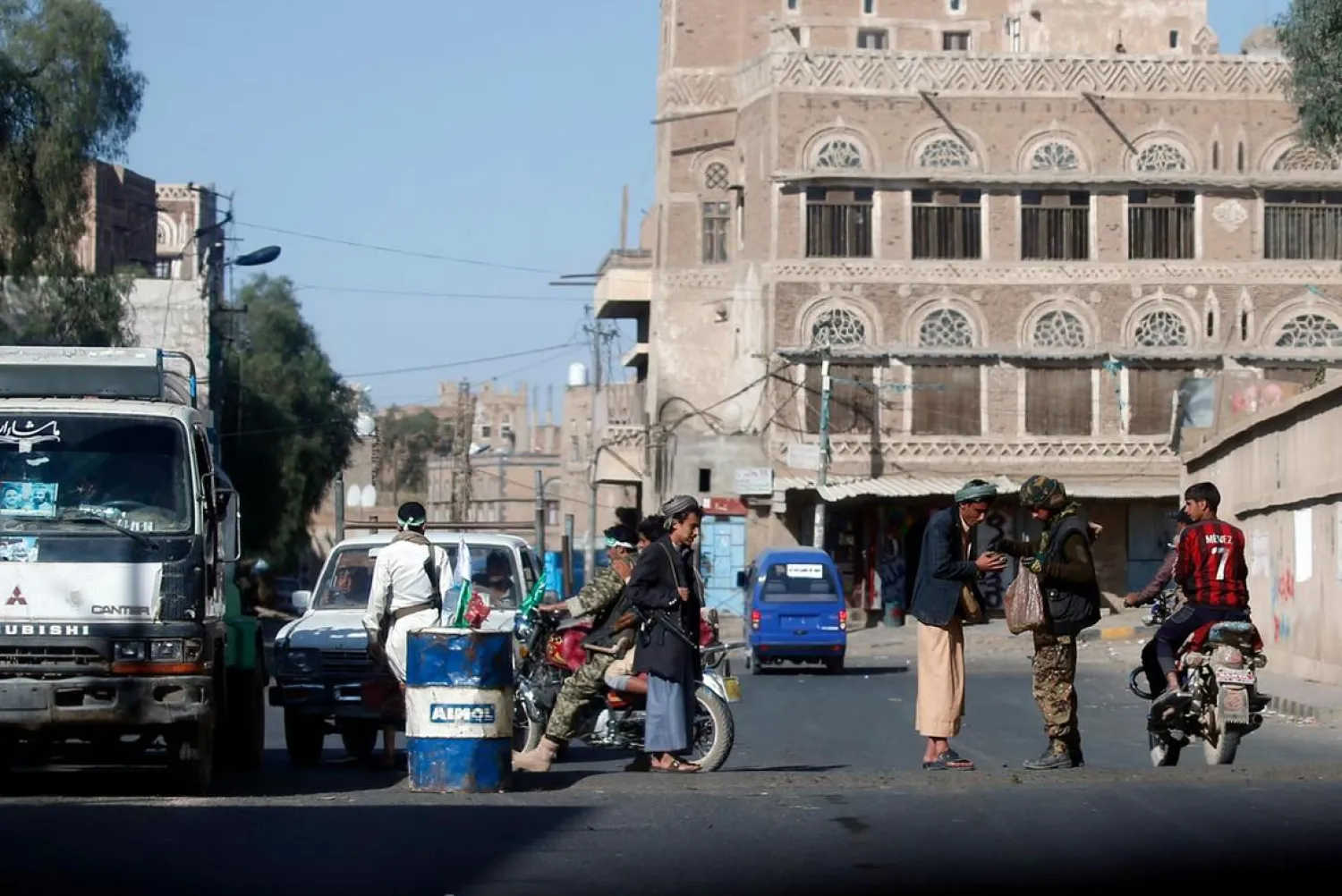One of the senior tribal leaders in Yemen and member of the People’s National Congress Mohammed bin Naji al-Shayef declared that Houthi militants were “dropping like rats and fleeing towards Saada” in wake of the recent popular uprising against them in the capital Sana’a.
He told Asharq Al-Awsat: “The victory in Sana’a is a victory against Tehran and its Persian sectarian agenda.”
“Sana’a will never become Persian as long as the Arab nation continues to be led by Custodian of the Two Holy Mosques King Salman bin Abdulaziz,” he declared.
The Houthis are losing their control in Sana’a, whose neighborhoods are falling in the hands of the army and presidential guards, continued the tribal leader.
He added that the majority of exits from the capital have also been shut in order prevent the escape of Iranian militias and their commanders.
“The Yemeni tribes are playing an honorable and historic role in recapturing Yemen from the clutches of the militias,” Shayef declared.
The Houthis are now fleeing towards Saada “like rats,” he remarked.
“Sana’a is only the beginning and the end will be in Saada. There can be no future for Yemen if it remains in their hands,” he warned.
The developments in Sana’a are a popular revolt led by the National People’s Congress and Yemeni army, starting with the presidential guard, he continued.
The revolt is a culmination of a years of Houthi occupation of the capital, where they have spread corruption in every sense of the word, he added.
They have exhausted the economy and destroyed the military and infrastructure, he charged.
They have embroiled Yemen in wars with its neighbors and harmed it until it has reached its lowest point, Shayef said.
“We enjoy fraternal ties with Saudi Arabia and the Arab Gulf. Had it not been for operation Decisive Storm, the Yemeni people would now be speaking Persian and Sana’a would have turned into a mini Tehran,” he stated.
“Had it not been for King Salman and Crown Prince Mohammed bin Salman, Tehran would have been closer to us than Riyadh,” he noted.
He confirmed reports that Qatar, at Iran’s behest, attempted to launch a mediation aimed at “saving the Houthis”, adding however that it was “completely rejected.”









